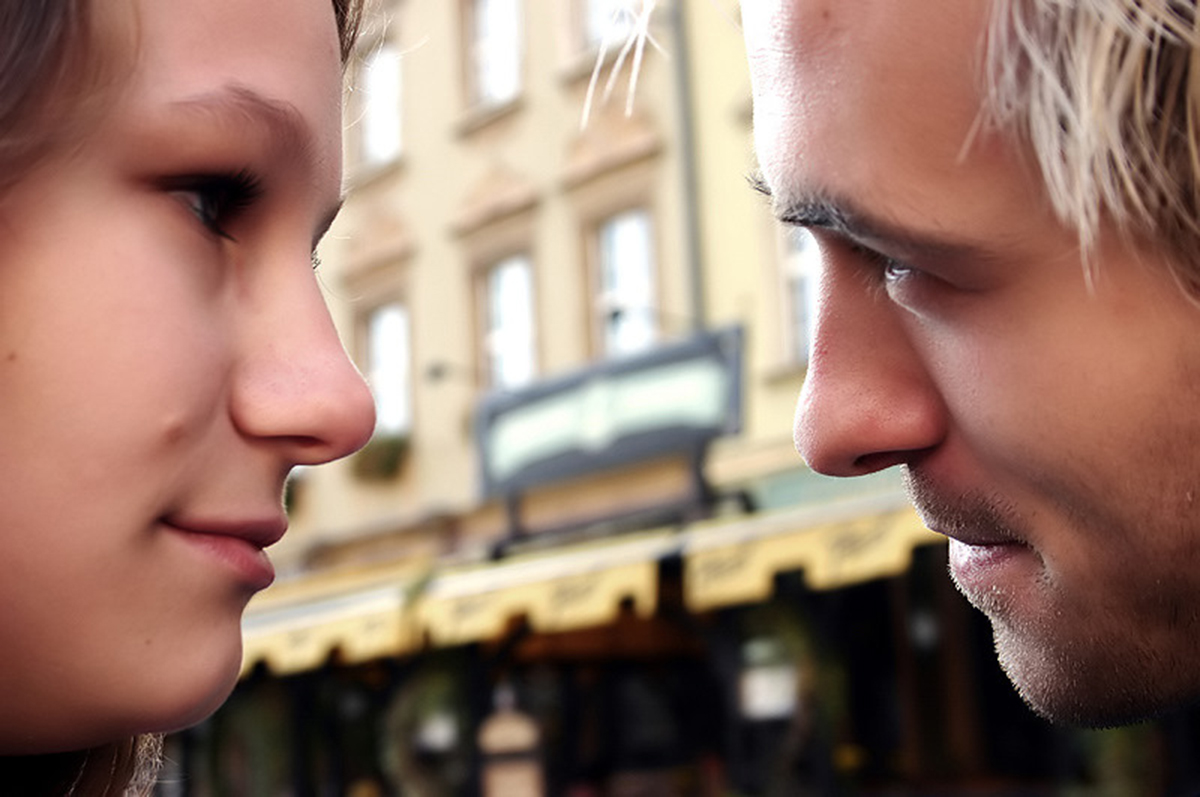Table of Contents
Did you ever fall in love at first sight?
The sensation of falling in love seems to come up on us all in a sudden. One minute we are plodding through our daily lives, alone, depressed, and the next minute we have met that special someone who turns our lives upside down and makes life worth living again.

Or at least that's the way most of us experience it. Scientists at Northwestern University in Chicago believe that our brains may function as time travelers, taking bits and pieces from the present and inserting them into the past.
“Our memory is not like a video camera,” post doctoral student Donna Jo Bridge, an author of the study said. “Your memory reframes and edits events to create a story to fit your current world. It’s built to be current.” To help us thrive in adversity, our memories rewrite our personal histories to help us deal with what is important now. Dr. Bridge and her collaborators' research shows the exact point in time that the brain edits our personal time lines to implant new information into an existing memory, something like a Hollywood special effects team and film editor.
For their experiment, Bridge and coworkers had 17 men and women study 168 object locations on a computer screen. The locations had varied backgrounds. One photo might show an aerial view of Midwest farmland, and another might show an underwater ocean scene taken by a scuba diver.. After viewing the items on their unrelated backgrounds, the participants were then asked to place each object in its original location but on a new background scene. Study participants always put the object in the incorrect location.
For the final part of the study, participants were asked to put the object in its original background screen in its original location. Their choices were the location in which they originally saw the object, the location in which they placed it in part 2 of the experiment, or a new location. “People always chose the location they picked in part 2,” Dr. Bridge said in a press release. The new memory updated information by inserting new information into the old memory.
When a memory is activated passively, the hippocampus delivers the old memories associated with it. For instance, you think about the love of your life. The last time you saw him, he was coincidentally wearing a blue wool coat. Your brain can also tell you the coat was a size 42, he brought it back from the cleaners last Tuesday, and the first time you ever met there were cat hairs on it. It won't make up these details if they are not important to reuniting with your beloved.
See Also: Love: Wholeness Through Holiness
When a memory is activated actively, as in your trying to remember who it was that used to wear a blue wool coat that you long, long ago fell in love with, the hippocampus creates new memories to complete the story. You remember the love your life, but you might also remember that he bought the blue wool coat on a romantic trip to London that you and he never took—but you remember vividly. The memories we search for, we create, whether they match our objective experiences or not.
- Bridge DJ, Voss JL. Hippocampal binding of novel information with dominant memory traces can support both memory stability and change.J Neurosci. 2014 Feb 5. 34(6):2203-13. doi: 10.1523/JNEUROSCI.3819-13.2014.
- Bridge DJ, Paller KA. Neural correlates of reactivation and retrieval-induced distortion. J Neurosci. 2012 Aug 29. 32(35):12144-51. doi: 10.1523/JNEUROSCI.1378-12.2012.
- Photo courtesy of Marg by Flickr : www.flickr.com/photos/gebala/1042325968
- Photo courtesy of PublicDomainPictures by Pixabay : pixabay.com/en/love-heart-kiss-hearts-kissing-163690/


Your thoughts on this